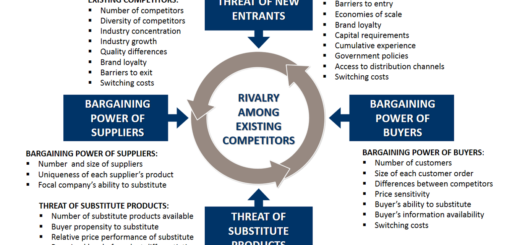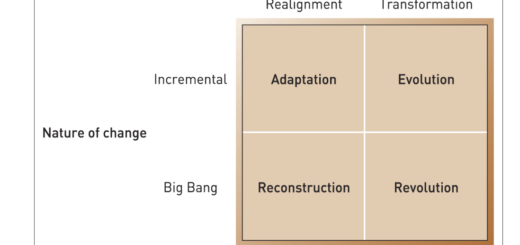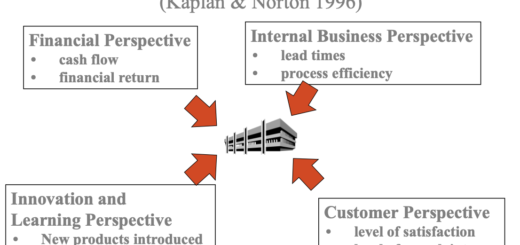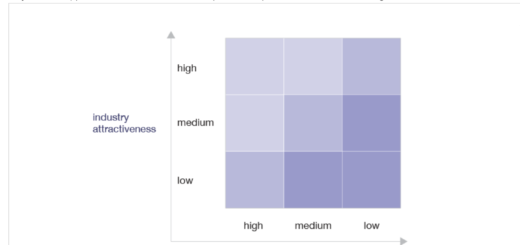Expectancy Theory
Expectancy Theory, developed by Victor Vroom in 1964 and further developed by Porter and Lawler in 1968, is a process theory of motivation that proposes that motivation is determined by the belief that effort leads to performance, and performance leads to rewards. The theory suggests that individuals make rational choices about their behavior based on their beliefs about the outcomes of their actions.
Expectancy Theory is based on three key components:
- Expectancy: The belief that effort will lead to improved performance. Individuals will be motivated to exert effort if they believe that it will result in improved performance.
- Instrumentality: The belief that performance will lead to rewards. Individuals will be motivated to perform well if they believe that their performance will lead to desired outcomes.
- Valence: The value that an individual places on the rewards. Individuals will be motivated to perform well if they value the rewards that are associated with their performance.
According to Expectancy Theory, motivation is determined by the multiplication of the three components: Motivation = Expectancy x Instrumentality x Valence. This means that if any one of the three components is low, motivation will be low.
To increase motivation using Expectancy Theory, employers can:
- Increase expectancy by providing the necessary training, resources, and support to enable employees to perform well.
- Increase instrumentality by ensuring that rewards are linked to performance and are perceived as fair and equitable.
- Increase valence by understanding what rewards are most important to employees and ensuring that they are aligned with their values and goals.
Overall, Expectancy Theory offers valuable insights into what motivates individuals and can be used to design effective motivational strategies in the workplace. By understanding the beliefs and perceptions that influence behavior, organizations can create a work environment that fosters motivation, engagement, and job satisfaction.







I haven’t checked in here for a while because I thought it was getting boring, but the last several posts are great quality so I guess I will add you back to my everyday bloglist. You deserve it my friend 🙂